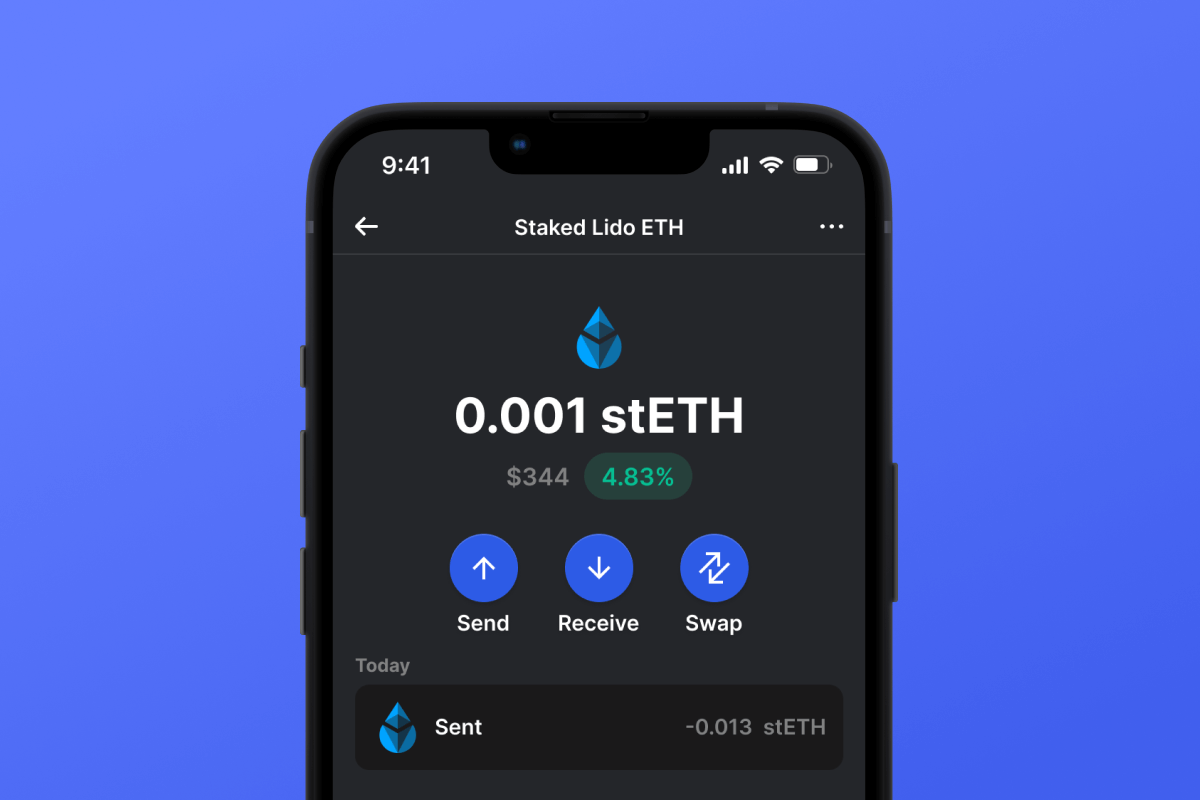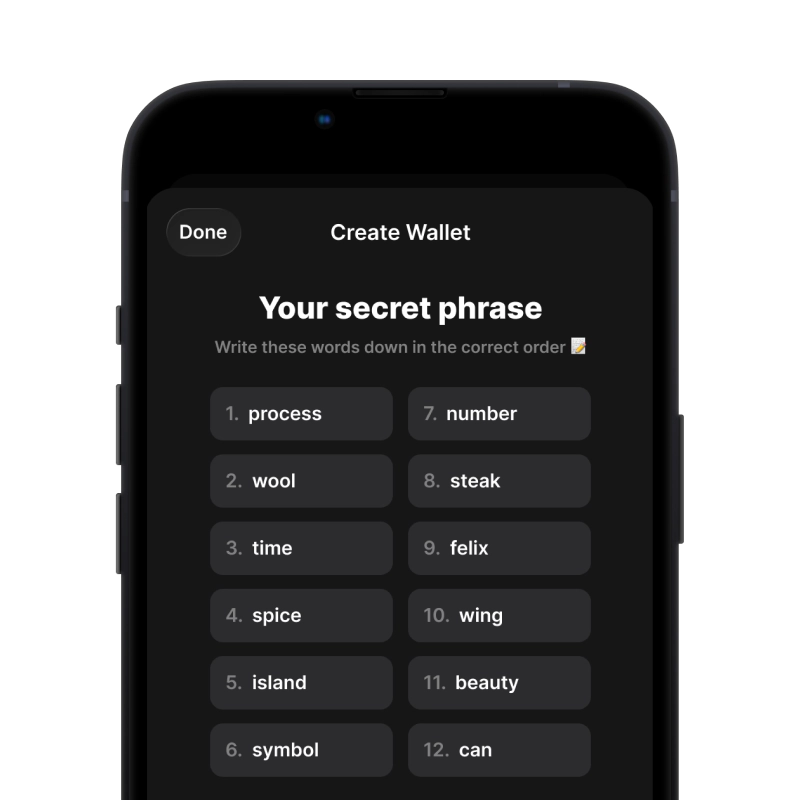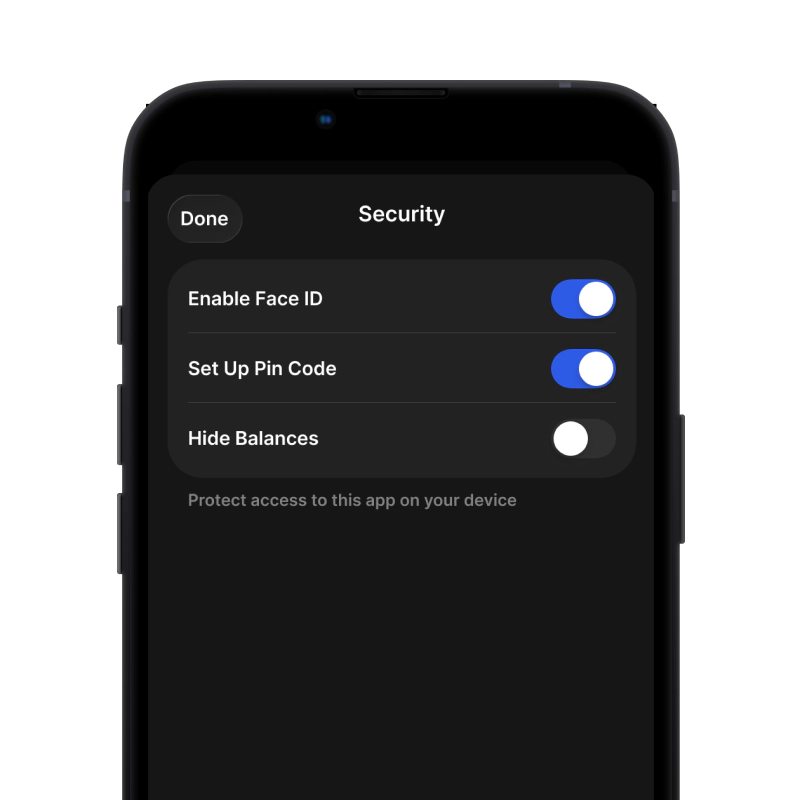What Is Staked Lido ETH (stETH)?
Staked Lido ETH, or stETH, is a tokenized version, also called Liquid Staking Derivatives (LSDs), of staked Ethereum (ETH). This token represents your ETH holdings staked in the Ethereum 2.0 deposit contract, plus rewards, in a liquid and tradable form.
- Staking involves participating in a proof-of-stake (PoS) system to support the operation of a blockchain network.
- stETH tokens allow holders to earn rewards from Ethereum 2.0 staking while retaining liquidity.
- The value of stETH increases over time as it accrues staking rewards, directly reflecting the rewards of Ethereum staking.
- stETH is designed by Lido, a liquid staking solution for Ethereum.
Key Questions
When Was stETH Created?
Staked Lido ETH (stETH) was introduced in December 2020 as part of the Lido platform's offering.
Who Made stETH?
stETH was developed by Lido, a decentralized and autonomous platform designed to solve the liquidity problem associated with Ethereum staking.
What's the Price of stETH?
For the current price of Staked Lido ETH (stETH), please refer to your Gem Wallet.
Is stETH a Good Investment?
While stETH offers the potential for earning staking rewards and maintaining liquidity, the decision to invest should be based on personal research, risk tolerance, and financial circumstances.
How Does Staked Lido ETH (stETH) Work?
Staked Lido ETH (stETH) operates as part of the Ethereum 2.0 network's staking mechanism. When you stake your ETH with Lido, you receive an equivalent amount of stETH tokens in return. These tokens represent your staked ETH plus any rewards earned from staking. The innovative aspect of stETH is that it is liquid, meaning it can be traded, transferred, or used in DeFi applications even while it continues to earn staking rewards.
Key aspects of stETH include:
- Staking: Users stake ETH with Lido and receive stETH in return.
- Rewards: The balance of stETH tokens grows automatically as staking rewards are accrued.
- Liquidity: stETH tokens can be traded or used in DeFi protocols, providing liquidity that is not available with traditional staking.
- Decentralization: Lido uses a decentralized network of node operators to perform staking, enhancing security and trust.
What Are Liquid Staking Derivatives (LSDs)?
Liquid Staking Derivatives (LSDs) represent a user's staked assets in a blockchain protocol. For example, when users stake their Ethereum (ETH) with a liquid staking provider, they receive an LSD, which is a receipt token. This token is similar to most other cryptocurrency tokens in that it is fully fungible, transferable, and fractional.
LSDs essentially unlock the liquidity of the staked ETH, which is temporarily locked. The LSD has a similar value to the underlying staked ETH and allows users to indirectly use their staked ETH in DeFi activities. These activities could include selling the LSD, providing it as liquidity in a pool, lending it, or using it as collateral for a loan. This process allows users to earn additional yield on top of their staking rewards.
There are various providers that offer Liquid Staking Derivatives, including:
- Lido Finance (LDO): Lido is a leader in liquid staking. Users deposit ETH and receive stETH, a receipt token that represents their staked ETH. Lido takes a 10% commission on the staking rewards. They have also introduced a wrapped version of stETH called wstETH, which grows in value over time instead of increasing in balance. As of the article's publication, Lido had a total value of about $7.2 billion in staked ETH, generating over $32 million in annualized revenue.
- Rocket Pool (RPL): Rocket Pool is one of the largest ETH liquid staking protocols after Lido and is focused on decentralization. Users stake a minimum of 16 ETH and 1.6 ETH worth of RPL, the governance token of Rocket Pool, to become a node operator. Stakers receive rETH when depositing, which accrues value similar to wstETH. Rocket Pool takes a 5-20% fee of the staking rewards and gives it entirely to node operators directly.
- Frax Finance: Frax Finance launched an ETH liquid staking service that turns ETH into frxETH, an ETH LSD. As of January 2023, Frax Finance's staked ETH had increased by 40%, marking a significant percentage growth compared to other LSD protocols, hence rising to claim its position as one of the top liquid staking providers.












 TIA
TIA  SEI
SEI  ATOM
ATOM  APT
APT  INJ
INJ  SOL
SOL  OSMO
OSMO  SUI
SUI  TRON
TRON  ETH
ETH  HYPE
HYPE  BNB
BNB  TON
TON  RON
RON  FTM
FTM  MATIC
MATIC